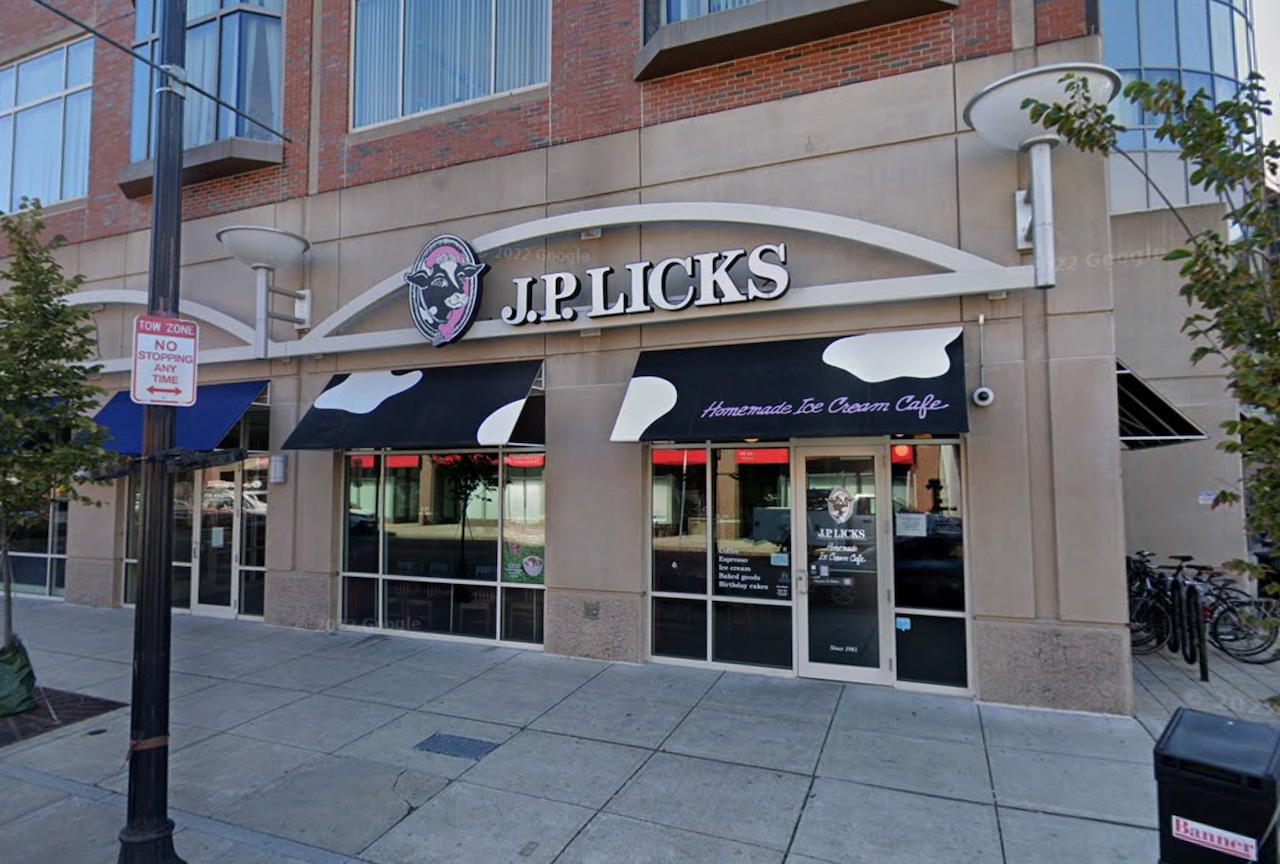A class action lawsuit against Bloomingdale’s has been revived by the Ninth Circuit Court of Appeals, following claims that the retailer violated the California Invasion of Privacy Act (CIPA) by allegedly tracking visitors’ activities on its website.
The case centers on accusations that Bloomingdale’s captured and disclosed private communications to a third-party software provider without the users’ consent.
What is the Lawsuit About?
The class action, originally filed by Erica Mikulsky, claims that Bloomingdale’s disclosed the contents of her website communications to FullStory Inc., a session replay provider.
FullStory is alleged to have analyzed visitors’ interactions on the website and provided Bloomingdale’s with insights for marketing purposes. Mikulsky argues that the retailer violated CIPA by aiding in the disclosure of private communication without proper consent.
Session replay tools, like those used by Bloomingdale’s, allow website owners to record and analyze users’ interactions on their sites. This includes tracking movements such as clicks, scrolling, and keystrokes, which some users might consider private.
Mikulsky’s lawsuit suggests that this practice was done covertly, without users’ knowledge or consent, thereby violating their privacy rights under California law.
Ninth Circuit’s Decision
The Ninth Circuit Court determined that Mikulsky’s claims were sufficient to move forward, rejecting the lower court’s dismissal of her case.
The appellate panel found that Mikulsky had sufficiently alleged that Bloomingdale’s worked with or conspired with third-party providers like FullStory to collect and disclose the content of users’ communications.
The court also addressed Bloomingdale’s cross-appeal, which challenged the jurisdiction of the case in California.
The Ninth Circuit upheld the lower court’s ruling, concluding that Bloomingdale’s was subject to personal jurisdiction in California, as the alleged privacy violations arose from interactions with the company’s website in the state.
However, the Ninth Circuit agreed with the lower court’s decision to dismiss Mikulsky’s intrusion upon seclusion claim, finding that her complaint did not meet the threshold for being considered “highly offensive” under California common law.
Related Lawsuits Against Bloomingdale’s
This isn’t the first time Bloomingdale’s has faced legal action over website tracking. In 2022, a class action lawsuit was filed by Ann Jones against the retailer, alleging that it intercepted customers’ communications through session replay code on its website without their knowledge or consent. This case adds to a growing number of lawsuits focused on website tracking practices and user privacy.
What Happens Next?
With the Ninth Circuit’s decision to revive part of the class action, the case will continue to move through the courts. If the lawsuit is successful, Bloomingdale’s may face significant consequences, including damages and changes to its website tracking practices.
The lawsuit could also set a precedent for how companies handle user data and website tracking tools in the future.
Key Takeaways
The
class action lawsuit against Bloomingdale’s has been partially revived by the Ninth Circuit Court over allegations of violating CIPA.
Bloomingdale’s
is accused of disclosing users’ private communications to third-party software providers like FullStory without consent.
The
lawsuit could have significant implications for how companies handle website tracking and consumer privacy.
This
case adds to a growing trend of legal challenges over online privacy and tracking practices, especially in California.
Source










